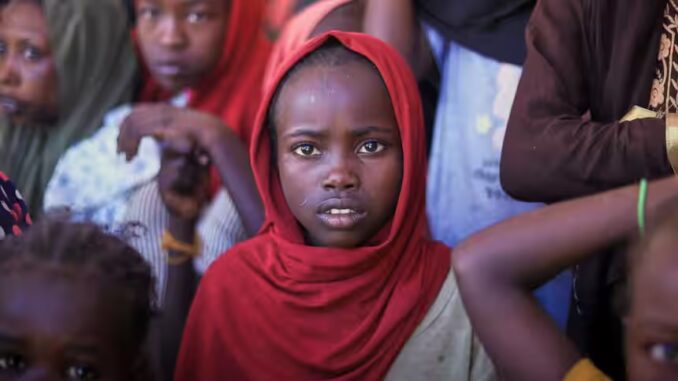
Erica Siaulnski, Staff Writer
Civil war, something no country ever wants to face, its citizens fighting one another, has been Sudan’s reality for over two years now, and events are escalating. Casualties are growing, and the country becomes more dangerous by the day. In late October, escalation of violence and concerns of human rights violations became more and more prominent throughout the country, leaving civilians and the rest of the world to fear the worst.
After years of ethnical, religious and political division and separation through Sudan, with the Arab-Muslim north and Christian animist south, years of divide based on these belief systems has led to a breaking point. In decades past, like the 70s and 80s, Sudan saw many conflicts and battles much like this one. In April of 2023, an ongoing struggle for power broke, launching Sudan into civil war between Sudan’s army and a powerful paramilitary group. This led to widespread famine and reports of alleged genocide throughout the country. 150,000 people have been reported dead due to this civil war. More than 12 million people have fled their homes in fear of starvation and their lives.
Reports of genocide and child abuse were recorded by the UN. In March 2024, the UN child agency reported multiple accounts of sexual abuse on children. In the same time frame, the Human Rights Watch campaign reported that it was possible that a genocide was being carried out in Sudan by the RSF. It was however confirmed that multiple war crimes had been committed by the RSF.
The RSF (Rapid Support Forces) is the paramilitary group that suffered in the power struggle with the Sudan army. They are believed to be targeting individuals of non-Arab ethnic groups. Including, the Masalit, Fur and more.
It’s believed that mass murders of people have taken place and more could come. An investigation conducted by the US in January of 2025 declared that the RSF were in fact carrying out a genocide.
Sudan currently represents the largest recorded and fastest displacement disaster ever recorded. Neighboring countries like Ethiopia, Chad and South Sudan have welcomed those seeking refugee which is mainly women and children attempting to escape sexual violence. Yet, the resources they have are not able to keep up.
With the war raging on, over 70% of hospitals have been destroyed, leaving many who are sick, without treatment or care. Illness has run through the country, some being exposed to new diseases they have never contacted before, and therefore with no cure. A cholera outbreak resulted in over 3,000 deaths due to this destruction.
Humanitarian organizations are urging countries to help as best they can, to donate and stop funding the RSF and their weapons used in war. As well as trying to assist refugees in getting the resources they need, and back in contact with family members both still in Sudan, and out.
Leave a Reply